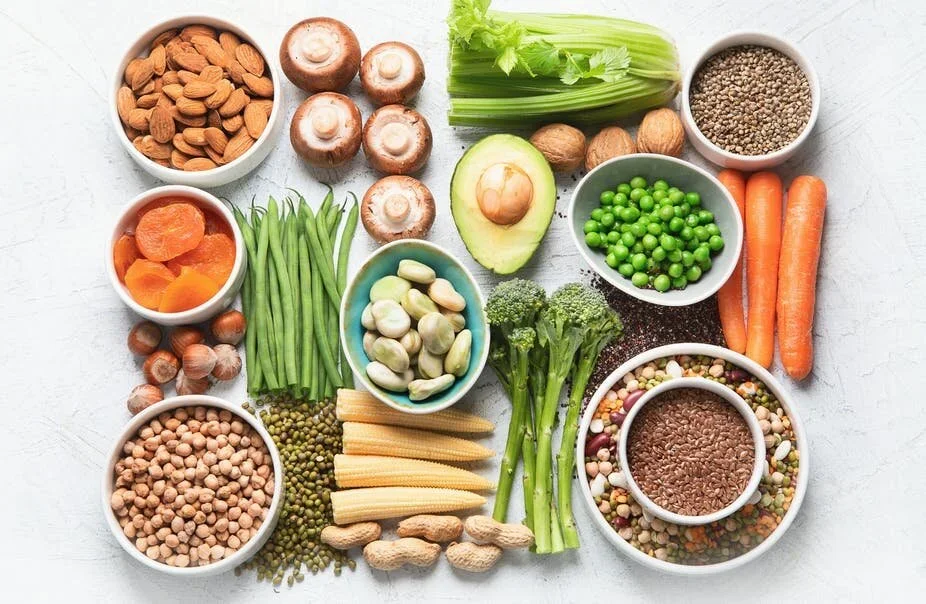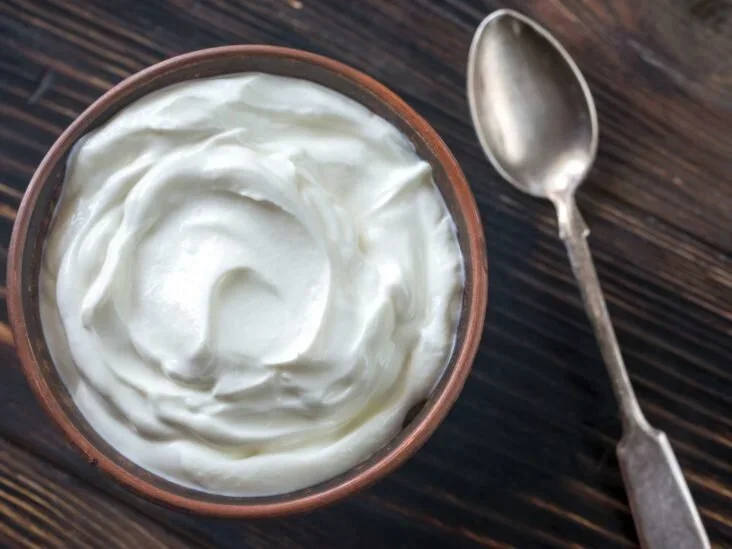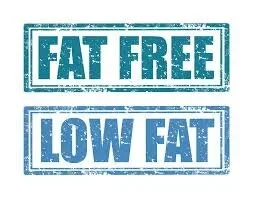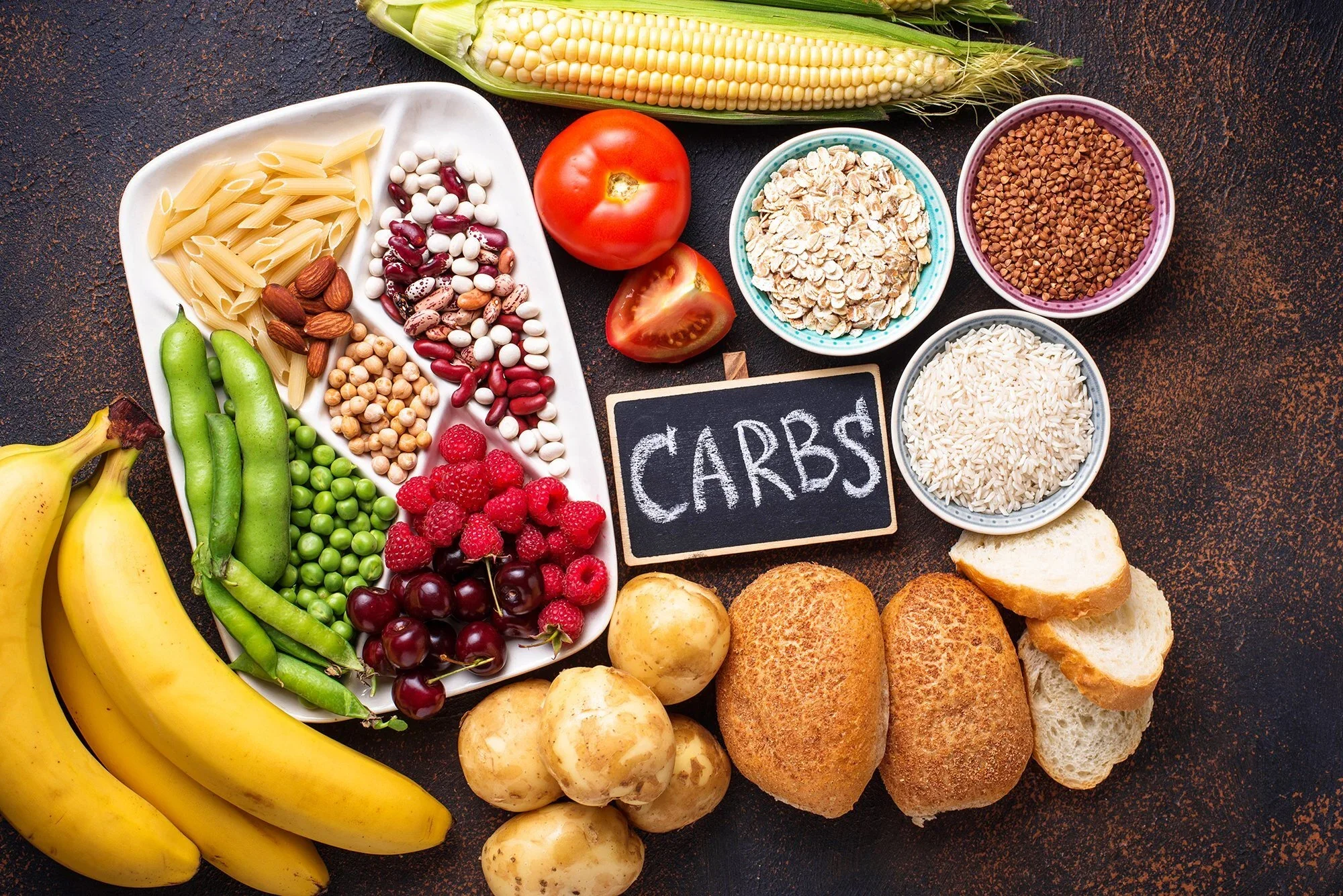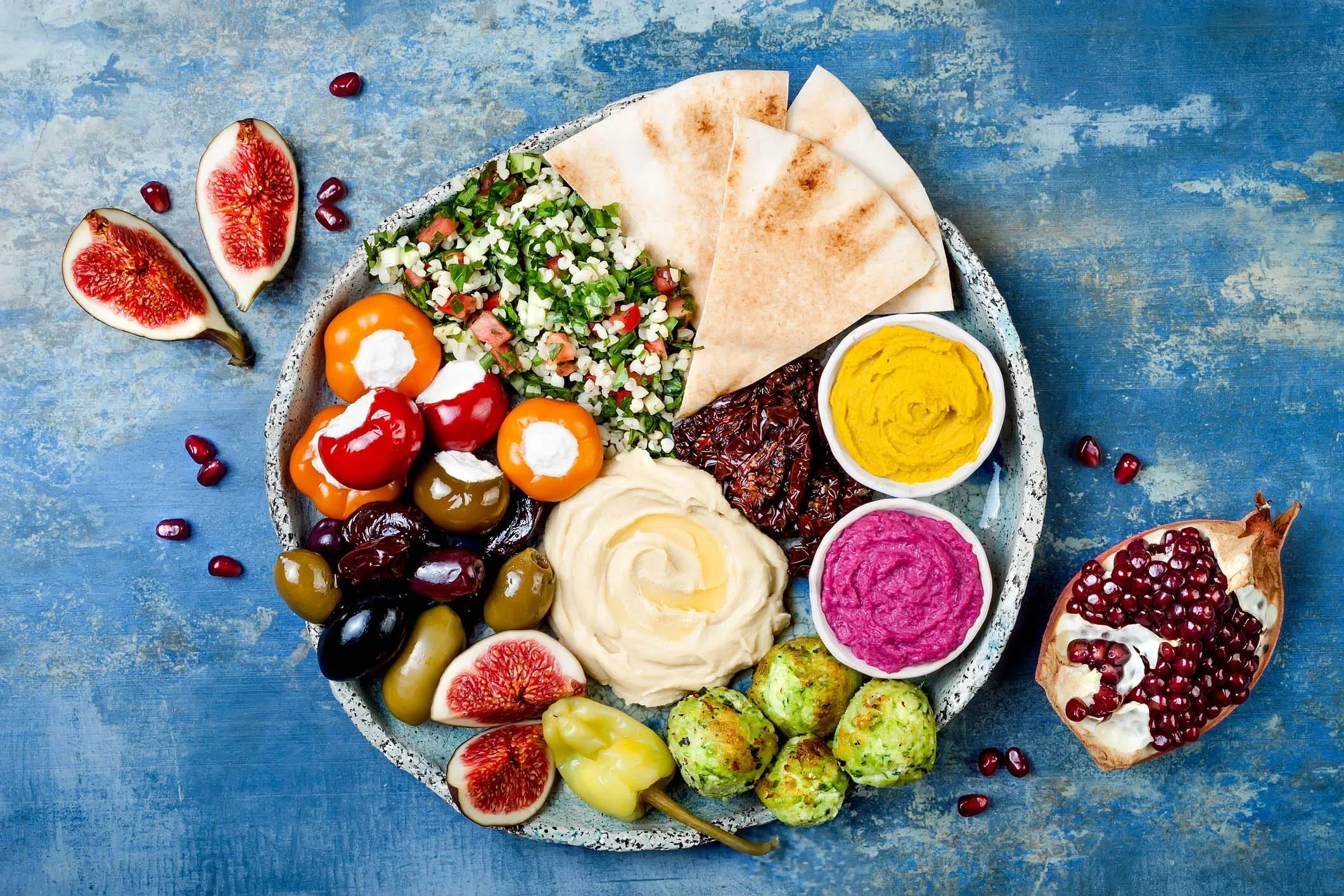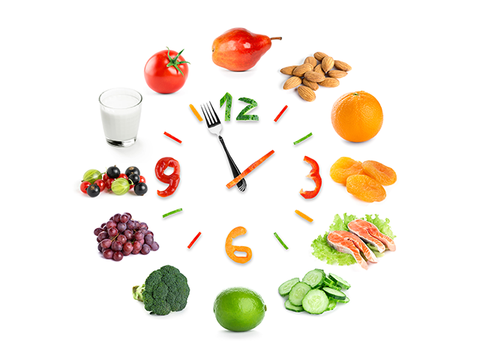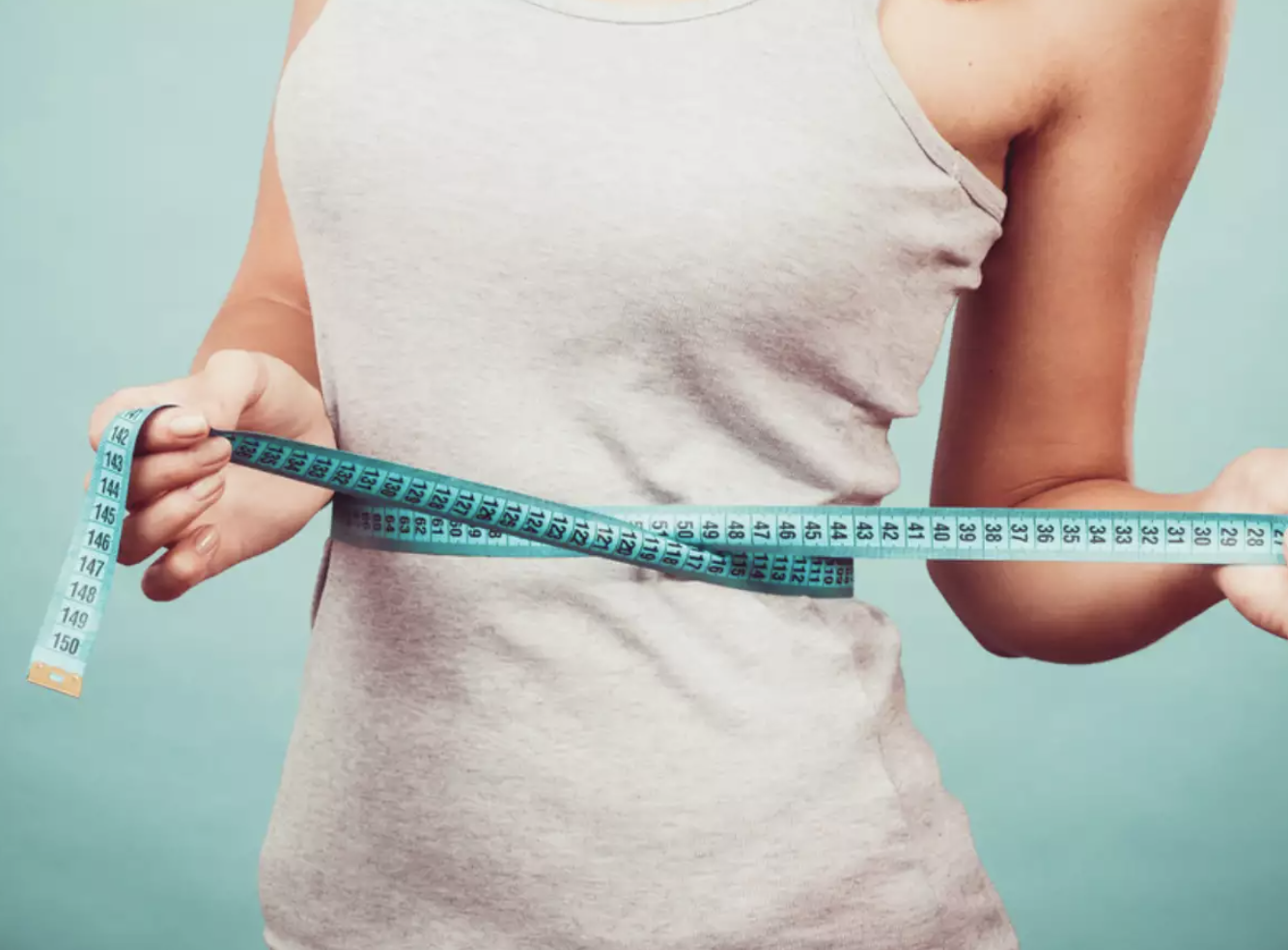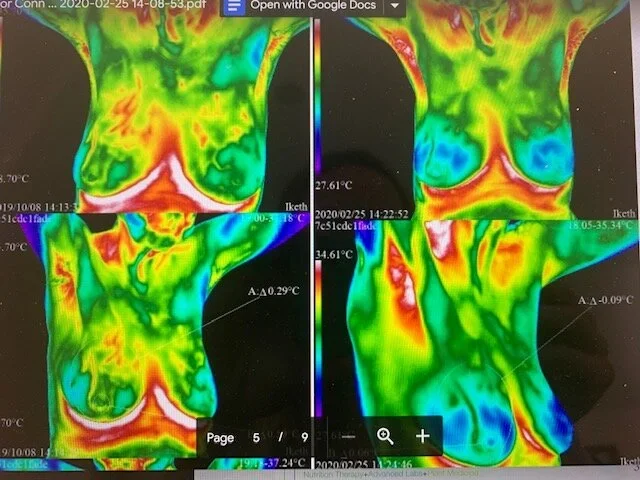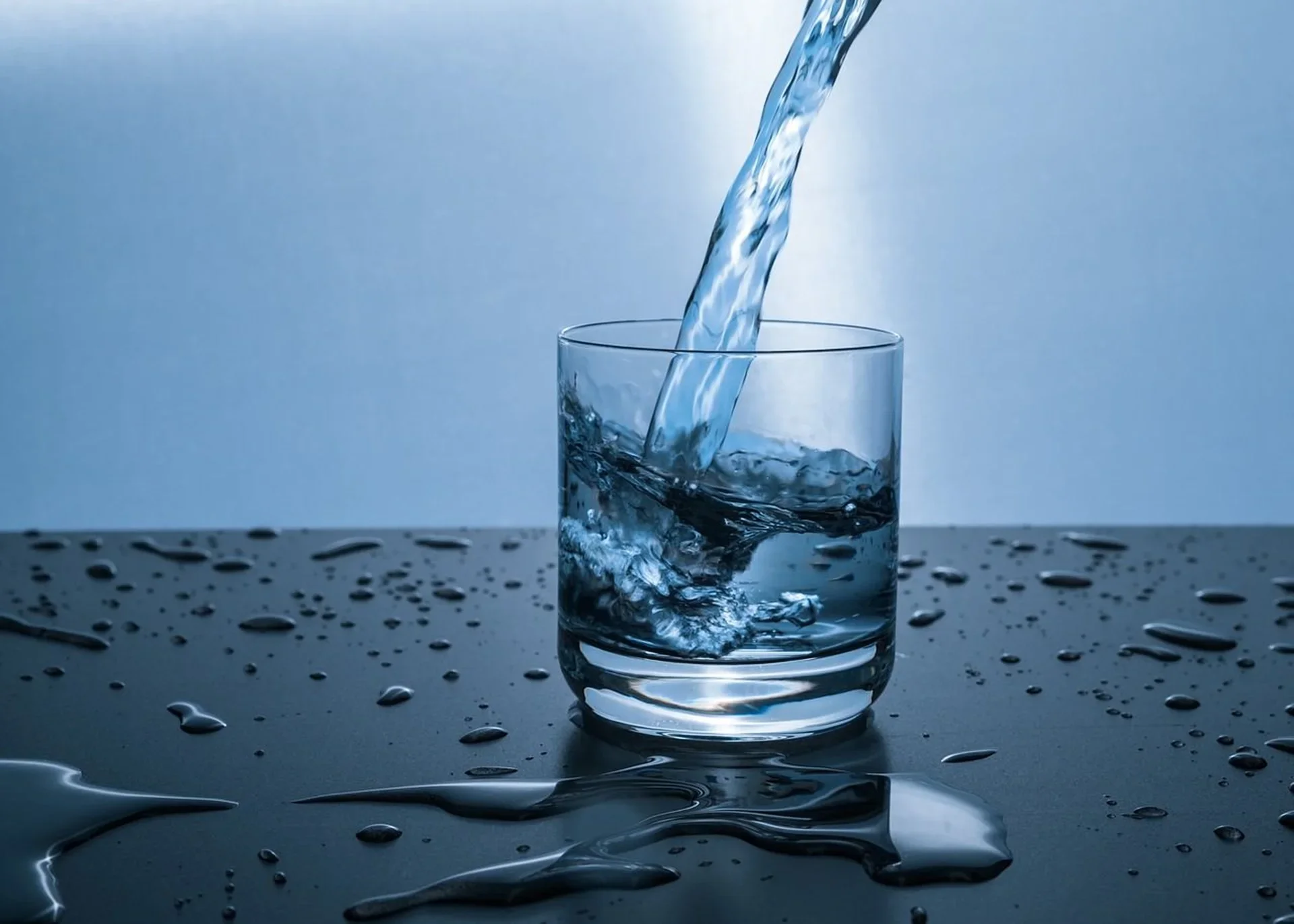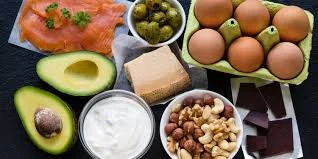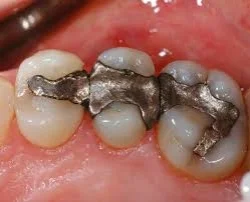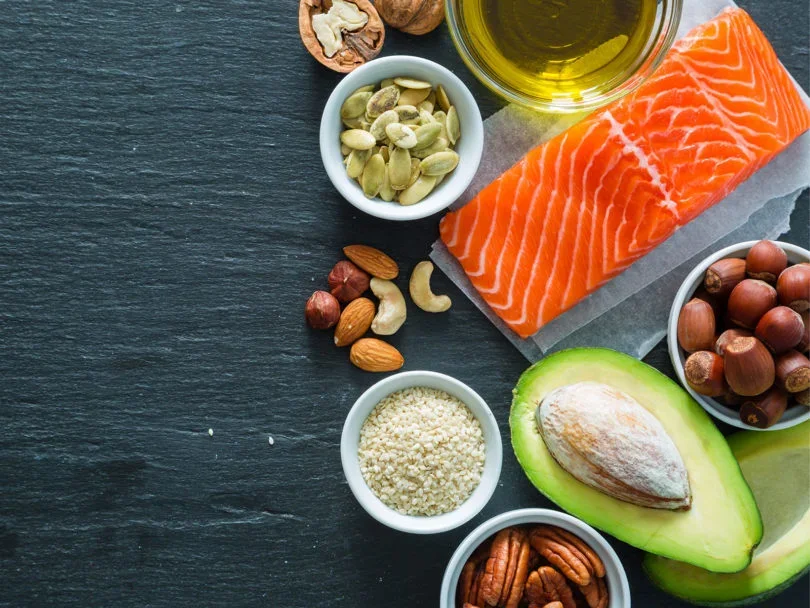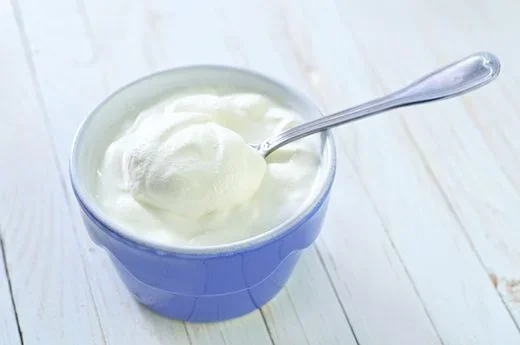
health briefs
This is smart health for real life. Short reads, clear science, practical moves. I show you where better energy, focus, and resilience come from. Follow along for data-driven insights, clinical strategies, and behind-the-scenes perspective on strategic health for individuals and companies.
Are vegetarians more at risk for mental disorders/depression/anxiety?
“Conclusion: Vegetarian men have more depressive symptoms after adjustment for socio-demographic factors. Nutritional deficiencies (e.g. in cobalamin or iron) are a possible explanation for these findings, however reverse causation cannot be ruled out.” There has been a lot of studies on health benefits of vegan/vegetarian diets - both pro and con. Some show improved health aspects and some do not. Many of the health benefits are likely associated with simply choosing whole foods over processed foods and not exclusion of meat. Otherwise there would be no case for the carnivore diet which is currently trending.
Full-fat dairy (but not low-fat) protects against diabetes type 2
“Decreased Diabetes type 2 risk at high intake of high- but not of low-fat dairy products suggests that dairy fat partly could have contributed to previously observed protective associations between dairy intake and diabetes type 2”
Read the full study here: https://pubmed.ncbi.nlm.nih.gov/25832335/
And keep in mind that what shows up as the most allergenic compounds when we doo food allergy testing are casein and lactose - both very low in butter and cream, hence the reason small amounts of these full-fat items carry health benefits to them, especially as they contain butyric acid which is key for healthy gut flora.
Low-fat diets do not result in greater fat-loss than higher-fat diets
“Findings from our systematic literature review and meta-analysis of RCTs fail to support the efficacy of low-fat diet interventions over higher fat diet interventions of similar intensity for significant long-term clinically meaningful weight control. Previous trials comparing low-fat diet interventions with “usual diet” or minimal intensity control groups have mislead perceptions of the efficacy of reductions in fat intake as a strategy for long-term weight loss. In fact, comparisons of similar intervention intensity conclude that dietary interventions lower in total fat intake lead to significantly less weight loss compared with higher fat, low-carbohydrate diets. Health and nutrition guidelines should cease recommending low-fat diets for weight loss given the clear lack of long-term efficacy over other similar intensity dietary interventions. Additional research is needed to identify optimal intervention strategies for long-term weight loss and weight maintenance, including the need to look beyond variations in macronutrient composition.”
Read the full study here: https://www.ncbi.nlm.nih.gov/pmc/articles/PMC4667723/ and remember that all this seemingly confusing back and forth research basically taps into our need for both fat, protein and carbs - too much or too little of anything is never a good thing in the long run.
Long-term consequence of keto
Overall, our current data demonstrate that maintenance on a KD may impair glucose tolerance over time and have detrimental effects on the ability to mount a sufficient insulin response to a high-carbohydrate meal. The effects on glucose homeostasis, however, are rapidly reversible upon resumption of a high-carbohydrate diet. Finally, despite the effects of a KD on peripheral insulin and glucose tolerance, responsivity to the anorectic effects of central insulin is enhanced. The results of these studies underscore the necessity to fully examine how dietary macronutrient manipulation affects multiple metabolic parameters to identify potential consequences.” Read the full study here: https://www.ncbi.nlm.nih.gov/pmc/articles/PMC2903931/ The main take-away being that because something is good short-term, that doesn’t mean it’s good long-term.
Should you cut out carbs, protein or fat?
Obviously this will depend on what else is going on - some of us may have times in our life when we have a higher need for one specific macro-nutrient group based on our lifestyle, current health issues and goals.
However the war on carbs, protein or fat has got to end.
We all need a variety of macros, and there is not one group which is solely responsible for poor health or weight gain.
A seasonal diet will naturally fluctuate in carbs, proteins and fats throughout the year and this seems to be what the body prefers. But many of us are not living a seasonal diet - we are living off heavy Fall foods: grains, dairy, red meat etc. And this lack of variety creates the baseline for the extreme diets to counteract the way we tend to live.
However, extremism is not the solution - variety is.
“Healthy diet, regardless of macronutrient emphasis, directly mitigated subclinical cardiac injury and inflammation in a population at risk for cardiovascular disease. These findings support dietary recommendations emphasizing healthy foods rather than any one macronutrient.” Read the full study in International Journal of Cardiology. Healthy diet reduces markers of cardiac injury and inflammation regardless of macronutrients: Results from the OmniHeart trial Lara C. Kovell et al.
Why timing matters (when you eat vs. what you eat)
Going back to Ayurveda we know how important proper meal timing is. Here another new study emphasizing the importance of eating to support circadian rhythm:
"Translated into human behavior, these studies suggest that dieting will only be effective if calories are consumed during the daytime when we are awake and active. They further suggest that eating at the wrong time at night will not lead to weight loss even when dieting," said Dr. Joseph S. Takahashi, Chairman of Neuroscience at UT Southwestern's Peter O'Donnell Jr. Brain Institute and Investigator with the Howard Hughes Medical Institute.
Always tired? Client case story article in Danish magazine "Søndag" (Danish only)
I have a client case story of Danish best-selling author and media personality Emilia Van Hauen featured in Danish magazine “Søndag” - the article is in Danish only. In the article we talk about various factors which contribute to chronic fatigue and hormonal imbalances - a widespread issue amongst both men and women today, Click on to read the article on the blog.
Twin study confirms eating more berries aid weight-loss
“Higher intakes of anthocyanin, flavonol, and proanthocyanidin subclasses were significantly associated with a more favorable fat mass distribution” Read the full study here: Amy Jennings, Alex MacGregor, Tim Spector, Aedin Cassidy. “Higher dietary flavonoid intakes are associated with lower objectively measured body composition in women: evidence from discordant monozygotic twins”. Am J Clin Nutr. 2017 Mar; 105(3): 626–634.
New Copenhagen event (in Danish only) Tuesday 5th of May: Anti-aging strategies to look and feel great
Tuesday 5th of May 17-19:30 at Health Clinic, Amaliegade 42, 1236 Copenhagen I am doing another open talk even in Copenhagen - write to viva@vitavica.com to register. Did you know that your liver is your # 1 anti-aging organ? That your liver is responsible for metabolizing hormones and detoxifying. If your liver does not work you will see it in your skin and may also suffer with reduced ability to burn fat as well as hormonal imbalances - things we most often treat as symptoms rather than identifying the underlying cause. Last open talk event in February was fully booked. I can be booked for talks in Los Angeles and Copenhagen - to book a talk drop me a line by replying to this email.
Women's breast health and hormones: Client case before and after
Here is another client case which shows significant improvement in as little as 4 months (October to February). Left side is “before” which shows how hormonal disrupting substances are affection her breast tissue and right side shows “after” and reveals drastic improvement. Now this client is also a type-A client, she does everything to the dot and follows-through - reaping the results in short time. In the initial consultation we also lab tested her for hormonal disrupting substances as a thermography scan doesn’t tell WHY, it only tells what things look like in the body - general inflammation and health status. And to treat the cause and not the symptoms, we want to keep asking “why” questions until there are no more questions to ask - so we asked why there might be showing hormonal imbalances in her breast tissue. And that led us to want to test for hormone disrupting substances such as mycotoxins.
Using infrared sauna therapy as a treatment method.
Infrared sauna therapy is a standard part of most of the detoxification programs I make for the purpose of ridding the body of nasty stuff we find through lab testing, such as chemicals, pesticides, heavy metals and mycotoxins. All of these compounds are linked to various chronic health issues, such as migraines, infertility, digestive disorders, joint pain, brain fog, along with more serious, like cancer, autoimmunity, hormone disorders. These are signs, most often, that the body is collapsing from toxic load and needs help. The body doesn’t just get sick out of nowhere - it gets sick when there are blockages present - mental such as stress and biochemical such as toxic load. I use infrared sauna therapy in combo with taking binders for the toxins found, because there is scientific evidence that this method works to detoxify. That it works can be seen in the subsequent laboratory testing. Yes, we like to work based on facts and evaluate progress based on numbers and not ideas, beliefs and food religions. Health care should be fact based, not general ideas or theories or one-size-fits-all diets just to sell books. Detoxing through gimmick diets and juice fasting does not rid the body of toxins - it only temporarily solves constipation issues in the colon. You cannot medically detox without knowing WHAT you need to detox from, the minerals needed to facilitate detox, understanding whether the cell membranes are functioning or need to be repaired. If our cell membranes are damaged, we cannot absorb nutrients optimally nor can we detox properly. Many steps and individual assessments go into detoxing properly if it is to work. Most, if not all, chronic health issues today are tied to toxicity to some degree. Yes, virus, retrovirus, fungi, parasites and bacteria are almost always involved also. But unless the body has a opportunistic environment, these opportunistic pathogens will in the majority of cases not be able to affect the individual. In just one out of many studies they concluded "Increasing evidence suggests that IR can carry out photostimulation and photobiomodulation effects particularly benefiting neural stimulation, wound healing, and cancer treatment ... Clinical evidence has demonstrated that IR can selectively induce cell death by apoptosis, necrosis and anoikis." So which key things are you looking for if you want to get an infrared sauna yourself?
Mold - the hidden health threat in your home
Did you know that something as simple as mold is linked to migraines, "fog brain", depression, digestive disorders, skin ulcers, sinusitis, cancer, estrogen dominance, joint pain and weight problems?
Yes, the symptoms (1,2,3,4,5,6) range widely and which we develop depends on our genetic dispositions and other biochemical imbalances in the body. Recently, an article was written in a Danish newspaper outlet about a case involving a woman who had even lost sight due to mold. And in spite of that, we cannot get tested for these things covered via the public healthcare system which we have paid more than our fair share of taxes towards. So much for socialist wellfare system. No wonder we have so many so-called "chronic disorders" when we do not offer testing to investigate possible toxins involved in these disorders. Our health care system status quo is very unscientific quite frankly.
The most overlooked reason why you can't absorb iodine and you can't shed the weight.
Iodine deficiency is tied to sluggish thyroid, weight gain, estrogen dominance, low iq, dry skin and brittle hair and nails along with digestive issues incl. constipation. Yes, none of these are very sexy admittedly. But fact is we have become a generation characterized by exactly these things. So it is not surprising, that iodine deficiency is epidemic. (1) The book by Dr. David Brownstein, Iodine: Why You Need It and Why You Can't Live Without It, sums up its importance:"Iodine is the most misunderstood nutrient. After 12 years of practicing medicine, I can say that it is impossible to achieve your optimal health if you do not have adequate iodine levels. I have yet to see any item that is more important for promoting health than iodine." Now we might think it is as simple as just taking iodine then, if we are deficient. That, however, is not the case. You will need to assess whether you have the nutrients involved in proper absorption of iodine i.e. selenium, magnesium, iron, tyrosine and vitamin A. Even if you check off these nutrients, there is still a chance, you won’t absorb iodine properly and will waste years trying to saturate your body’s need for this essential nutrient without any luck. This happens if you have toxic levels of certain chemicals. Perchlorate, thiocyanate and nitrate (called as major Sodium-Iodide Symporter (NIS) inhibitors) are known to competitively inhibit iodide uptake by the thyroid gland and thus, human exposure to major NIS inhibitors is a public health concern (2). NIS is something you want to pay attention to, as this symporter is responsible for the uptake of iodine in the body. If something is blocking the symporter, you will not benefit from the iodine or other supplements you might be taking. This is why I always test clients for their chemical toxic load when treating them. Simply focusing on knowing their nutrient deficiencies is not enough and will not identify the underlying reasons of why you are not absorbing your nutrients.
Why the Keto diet spells disaster for breastcancer
One of the largest studies to date on the keto diet and breast cancer recently came out and showed clearly: NO you should not forego fruit, potatoes, legumes, and whole grains in order to load up on fat and more fat on the current keto-craze, if you want to have the best survival rate when it comes to breast cancer. Now why might that be?
What hormone issues, weight gain, digestive issues and mental health have in common.
I can’t stand the word detox frankly. Yet I use it more than any other word in my practice these days. It is one of the core things I do today, because the lab testing I do is repeatedly showing that most issues you guys are coming in with are due to blockages in the system due to various accumulated toxins. Most symptoms can be traced back to different toxins that are interfering with the body’s ability to function and repair normally. Sidenote: For those of you who were at my talk in Øksnehallen in Copenhagen Sunday 30th of September I am attaching handouts for the talk as promised - click here to download the notes (DANISH only).
New study confirms: Stress is worse than junk food.
A new study confirms what many of us already know: that our emotional health overrides whatever we put in our mouth. Stress activates a cascade of toxic biochemical processes in our body, some leading to heart disease, others diabetes and often resulting in weight gain especially around the stomach. Yup, that's right. A telltale sign of stress and not handling it too well is, if we gain weight around our midsection.
Low-fat diets age us faster
One of the most typical things I see on the lab testing I do is mitochondrial dysfunction. Now if your last biology class was decades ago, this might seem a bit iffy to you. So here is the deal on our mitochondria in short: our mitochondria power the biochemical reactions in our cells.When our mitochondria are not functioning at their peak, we feel tired, lethargic and age quicker.
Our bones control our appetite and waistline!
Did you know that our bones act as appetite-mediators? Yes, we have heard that eating dairy and calcium seems to help weight-loss, but why is that exactly? Well part of the reason is now clear: our bones send messengers that cross the blood-brain barrier to let the brain know that sufficient nutrients have been absorbed to keep the bone-building process going.
It's not the calories, it's the chemicals
When was the last time you looked at the ingredient label of your food, rather than the calorie count?
I don't count calories, because, well, calories don't count. No one knows exactly what your body burns daily - and the brain actually burns the most energy, that is if you engage in creative thinking (which is rarely done looking at the calorie counter on the treadmill btw.). Calories are not created equal in how your body responds to them and burns them.
5 fatburning herbs
Here are the top 5 herbs I typically include in most programs geared to optimize fatburn, eliminate cravings and normalize insulin sensitivity aka enter the fatburn zone incl. reverse diabetes 2. So what are the top 5 herbs for fatburn?

